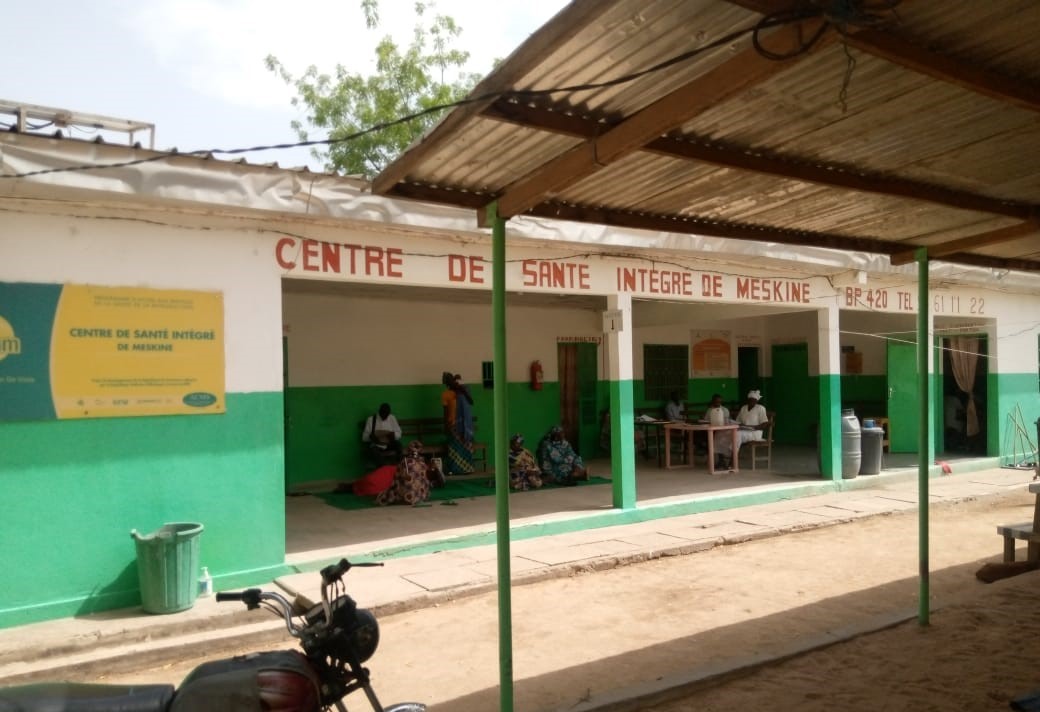The PAIRES Project: Evaluation of the health care prepayment scheme for pregnant women in Cameroun

The project
In 2015, the Cameroon government implemented the "Chèque santé," (CS) a health care prepayment scheme for pregnant women with the support of the Agence Française de Développement (AFD) Group. It covers and guarantees a pregnancy follow-up, safe childbirth, transfer to an emergency service if needed and a post-birth care for the mothers and their babies for 42 days. This system also includes a quality improvement component for health facilities (FOSA) that must be accredited to offer the CS and workshops on health education.
Maternal and neonatal still prevail in Cameroon. The maternal mortality ratio of 406 per 100,000 live births, is higher than the target rate for LMIC countries of 250 per 100,000 live births. This pre-payment mechanism, though improving access to health care, aims to reduce maternal and neonatal death rates.
The AFD Group and the kfW Group support the implementation of the "Chèque santé" in three northernmost regions: the Far North, the North, and Adamawa. These regions have fewer maternal health services. Also, they saw a decrease in access to healthcare between 2011 and 2018.
The impact analysis
The purpose of this research project on maternal healthcare is to assess the impact of the healthcare prepayment system on the use of maternal healthcare services and the effect on maternal and newborn mortality. The team conducted surveys to collect data on a representative sample of accredited and non-accredited FOSA. The team also interviewed a sample of women who enrolled in the program and a sample who did not.
These surveys will allow to conduct analysis and assess the impact study of the prepayment scheme. They also bring detailed information on the healthcare system. The researchers will be able to compare the differences in the healthcare use between the women who enrolled in the program and those who did not.
The qualitative part of this evaluation is based on semi-directive interviews to estimate the perception of all the actors involved in the implementation: healthcare workers, regional and district health managers, and regional health delegates. The survey also contains information on the working conditions and the health infrastructure.
The team is currently working on the analysis of the data. The next step is to estimate the sustainability of the program, including the budgetary cost of the program.
The team
The research project is led by Martine Audibert (CERDI, CNRS) and Marion Ravit (Liverpool School of Tropical Medicine, CEPED, IRD). It also involves Benjamin Fomba Kamga (Université Yaoundé II Soa), Dimitri Tchakounte (Université Yaoundé II Soa) and Lamriss Hamadou (UCA, Aix-Marseille Université).
The partners

Publication
Marion Ravit presented the first results of the surveys at the CERDI in October 2023.
More information
Photo
Health Center in Meskine, North Cameroun, 2023
